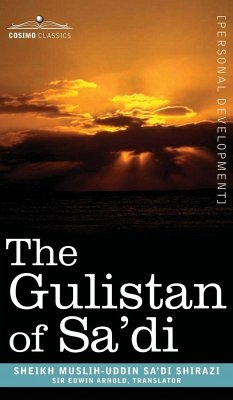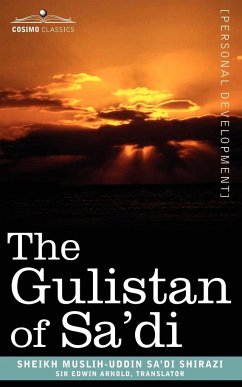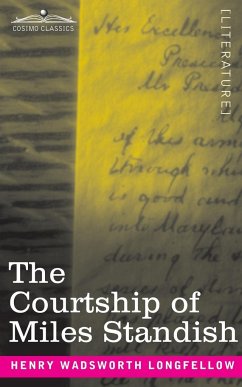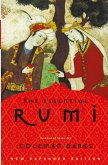One of the most important of the medieval Persian poets, SA'DI (1194-1292) is still read widely today, with an influence that extends to Western writers such as La Fontaine, Diderot, Voltaire, Hugo, Balzac, Goethe, and Emerson. He spent much of his life traveling through Asia, North Africa, and the Middle East, returning to his native Shiraz (in what is now Iran) as an elderly man to compose works based on his experiences and wisdom gained. The Gulistan (""garden of roses""), part prose and part poetry, is divided into four ""gateways"" (""The Manners of Kings,"" ""Concerning Darweeshes,"" ""The Excellency of Moderation,"" and ""The Benefits of Taciturnity"") teeming with humorous anecdotes and insight. More than 700 years after his death, Sa'di's ruminations on leadership, materialism, and the virtues of silence-here translated by Edwin Arnold at the turn of the 20th century-live on in this classic work. British journalist, translator, and poet SIR EDWIN ARNOLD (1832-1904) often about Asia. His works include The Light of Asia (1879), The Light of the World (1901), and The Song Celestial, or, Bhagavad-Gita (from the Mahabharata) (1885).
Hinweis: Dieser Artikel kann nur an eine deutsche Lieferadresse ausgeliefert werden.
Hinweis: Dieser Artikel kann nur an eine deutsche Lieferadresse ausgeliefert werden.








